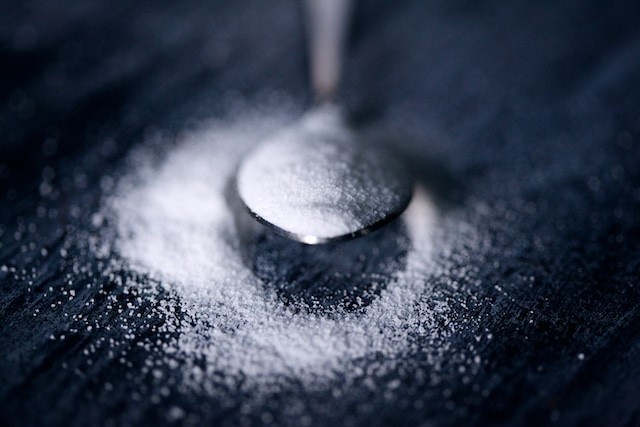A new study has revealed new insights into the anti-cancer properties of mannose, a sugar that is crucial to many functions in the human body, but also lethal to honeybees.
The research, published in the journal eLife, suggests that mannose could act as a valuable adjunctive treatment for cancer, by slowing down cancer cell replication and enhancing chemotherapy's effectiveness.
What is mannose and how does it affect honeybees and humans?

Mannose is a type of sugar that the body attaches to proteins to stabilize their structure and help them interact with other molecules, as per SciTechDaily.
This process, called glycosylation, is essential for life; and malfunctions in glycosylation are associated with rare, but often life-threatening, human diseases.
All living things, however, cannot metabolize mannose in the same way that humans can. A disorder known as honeybee syndrome develops when honeybees, for instance, lack the enzyme required to digest mannose.
Consuming mannose causes honeybees to lose the ability to properly replicate and synthesize the components of DNA, which leads to their demise.
According to research co-author and director of the Human Genetics Program at Sanford Burnham Prebys, Hudson Freeze, Ph.D., mannose is fatal to honeybees because they cannot digest it like humans do.
This fact has been known for more than a century. In order to develop a completely new strategy to fight cancer, we needed to determine whether there is any connection between honeybee sickness and mannose's anti-cancer characteristics.
How mannose inhibit cancer cell growth and enhance chemotherapy?
Using genetically engineered human cancer cells from fibrosarcoma-rare cancer that affects connective tissue-the research team re-created honeybee syndrome and discovered that without the enzyme needed to metabolize mannose, cells replicate slowly and are significantly more vulnerable to chemotherapy, as per News Wise.
Mannose could improve the efficacy of chemotherapy treatments by making cancer cells more responsive to them, the researchers also discovered.
They proved that the combination of mannose, a sugar, and doxorubicin, a common chemotherapy drug, can kill more cancer cells than either treatment alone.
Mannose might serve as a support molecule to increase the efficacy of chemotherapy without raising its toxicity, according to Freeze. This may lessen adverse effects and enhance the results of cancer treatment.
Potential applications and limitations of mannose as a cancer treatment
The researchers caution that more research is needed to determine which types of cancer would be most responsive to mannose, as well as the optimal dose and timing of administration, as per Metro.
They also note that mannose is not a magic bullet that can cure cancer by itself, but rather a potential supplement that could work alongside other treatments.
According to Freeze, mannose is not a substitute for other treatments, such as chemotherapy. Natural sugar with the potential to enhance cancer treatment without unfavorable side effects.
The study's authors hope that their results will stimulate additional research on mannose's anti-cancer qualities as well as other sugars that might have comparable effects.
They also hope that by doing this, people would become more aware of the significance of glycosylation and how it affects both health and sickness.
Glycosylation is crucial for life but is frequently disregarded in biology and medicine. Their research is intended to raise awareness of this fascinating topic and encourage more interest.
Related Article: Sugar Lining Ocean Beds: Comparable to 32 Billion Coke Cans
© 2025 NatureWorldNews.com All rights reserved. Do not reproduce without permission.





